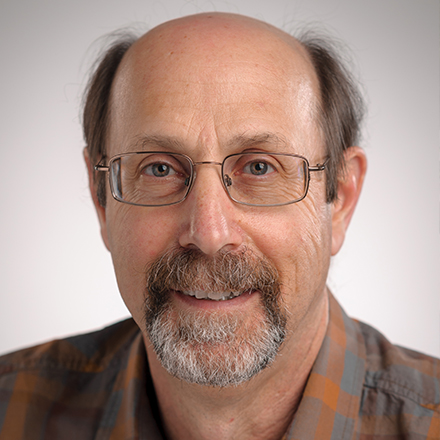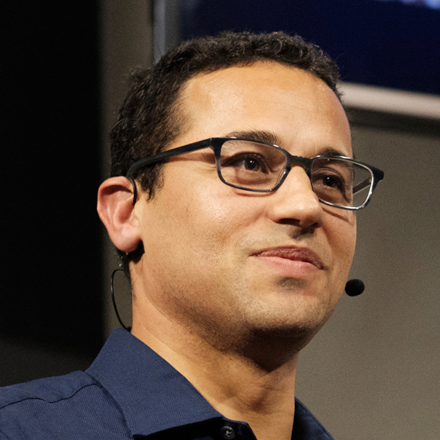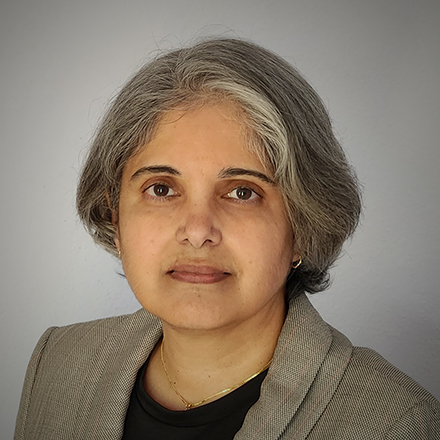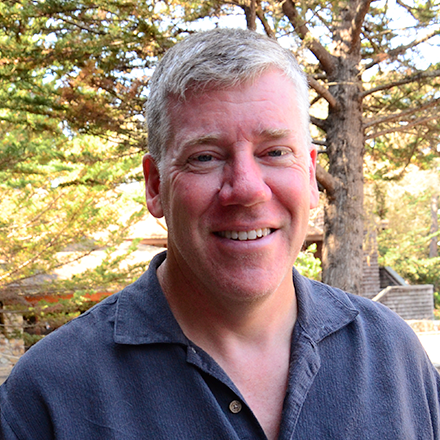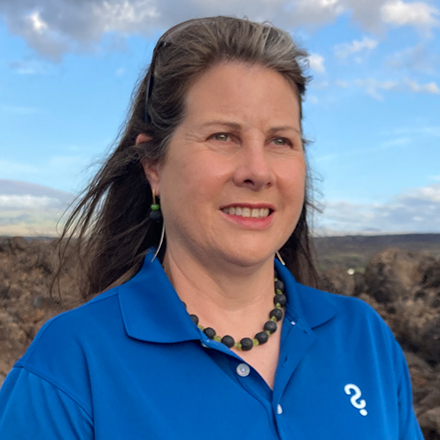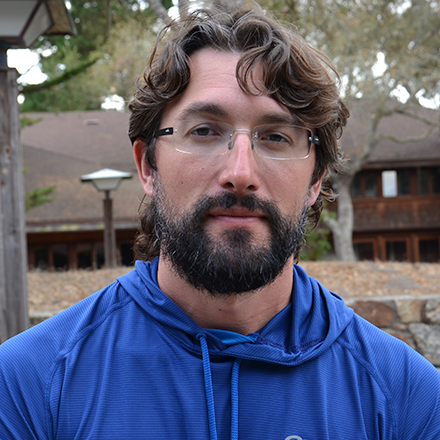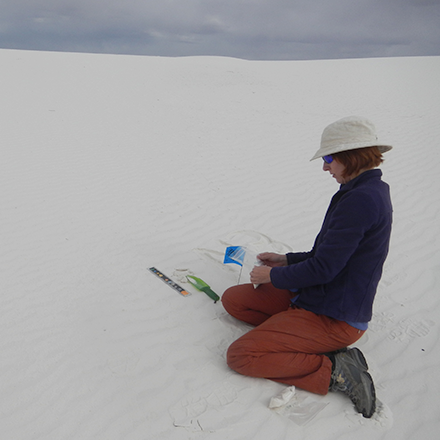The Carl Sagan Center (CSC) Director's Award honors scientists for outstanding achievements in astrobiology, technology, and exploration of life in the universe. Beyond excellence in science, the awardees must have demonstrated their commitment to mentoring and educating the next generation of scientists while sharing the excitement of exploration and discovery with the public. The SETI Institute's Science Council peers select the recipient presented annually during the Drake Awards celebration.
The award pays homage to the legacy of Carl Sagan, a former SETI Institute Trustee, whose pioneering work in space science continues to inspire scientists and the public.
Carl Sagan Center Director's Award Recipients
2025
Joseph Twicken
Dr. Joseph Twicken is a Senior Data Scientist at the SETI Institute whose work has played a key role in some of the most significant discoveries in exoplanet science. He has led teams in developing, implementing, operating, maintaining, and documenting the data processing pipelines for NASA missions, including Kepler and TESS. In addition to his technical leadership, he is known for his mentorship and collaborative approach. His contributions have helped identify nearly 6,000 confirmed exoplanets, with thousands more awaiting confirmation.
2024
Franck Marchis
Dr. Franck Marchis, a planetary astronomer known for research on exoplanets and asteroids with moons, was awarded the CSC Director's Award. Marchis co-founded and is Chief Scientific Officer for Unistellar, fostering a global community of over 12,000 citizen astronomers. He is also a core member of the SETI Institute's outreach team, hosting the weekly social media livestream SETI Live and the public lecture series SETI Talks. He frequently engages with leading media outlets to explain complex science to the public.
2023
Uma Gorti
Dr. Uma Gorti received the CSC Director's Award for her groundbreaking research on star and planetary system formation. Her dedication to unraveling the mysteries of celestial bodies, from interstellar clouds to fully formed solar systems, has contributed significantly to our understanding of the cosmos.
2022
Douglas Caldwell
Dr. Douglas Caldwell made extraordinary contributions to one of our time's most remarkable NASA missions, the Kepler Mission. His peers recognized him for his significant scientific accomplishments and his role in making the SETI Institute a thriving scientific community as a team leader and co-chair of the exoplanet group on the CSC Science Council.
2021
Janice Bishop
Dr. Janice Bishop received the CSC Director's Award for excellence in remote sensing and geochemical analyses on Mars. She has also mentored numerous students through our REU program and led the Science Council. Her work is internationally recognized.
2019
Pablo Sobron
Dr. Pablo Sobron is interested in robotic space exploration and comparative analogue science—the study of places on Earth that are similar to environments on other planets and moons. He is committed to the successful transfer of space-related technology into industrial applications that, in turn, advance the science and technology readiness of future planetary instruments. The SETI Institute recognized Sobron for his excellence in developing spectroscopic instruments for planetary missions, innovative field activities with drones, and his leadership in analog fieldwork for missions to icy bodies.
2019
Lori Fenton
Dr. Lori Fenton's research interests include aeolian geomorphology (how wind shapes a planetary surface) on Venus, Earth, Mars, and Titan; recent and ongoing climate changes; and the mobility of wind-blown sand and dust. She was recognized for excellence in research on Dune formation and activity on planetary surfaces, initiating and leading a proposal review process at the SETI Institute, and leadership on the Science Council.
)
